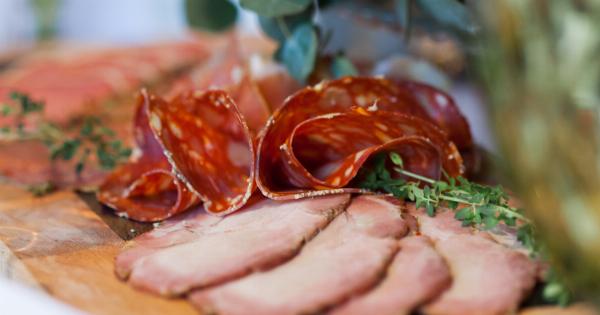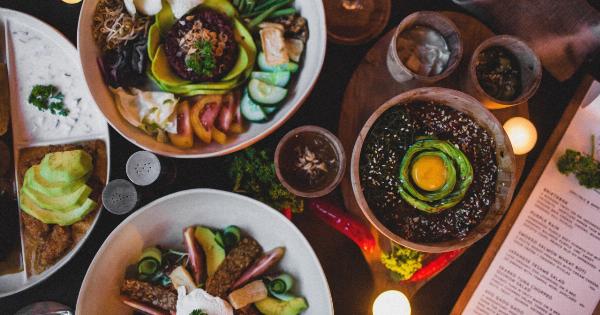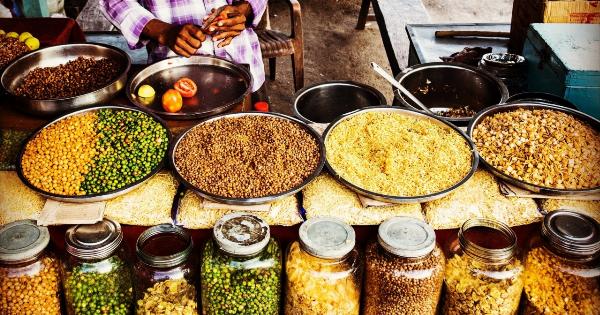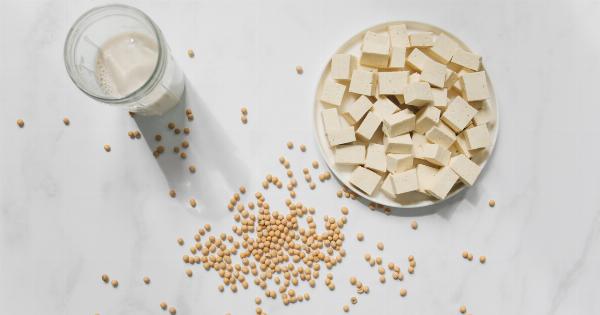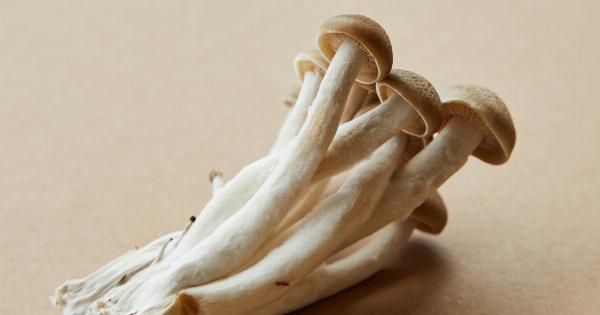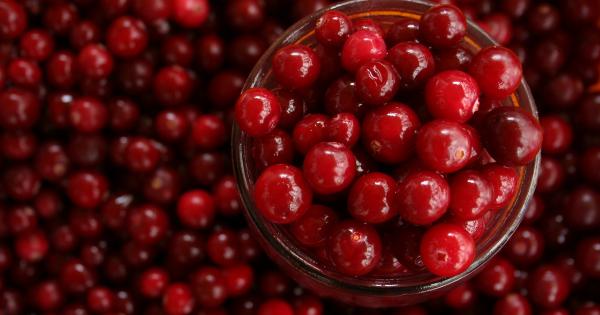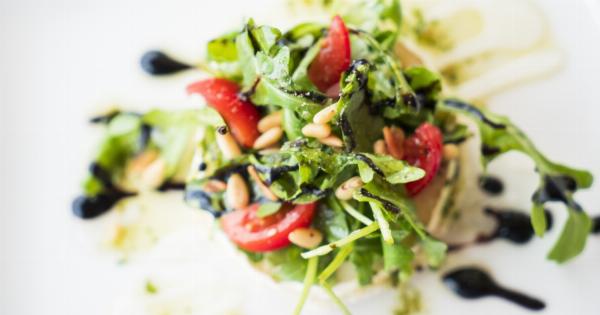When it comes to building and maintaining muscle, protein is often the first nutrient that comes to mind.
While many people turn to animal sources like meat and dairy for their protein needs, there are plenty of options for those who follow a vegetarian or plant-based diet. In fact, several vegetables are surprisingly high in protein and can be excellent additions to any muscle-building regimen.
This article will explore some of the top veggies that are rich in protein and explain how to incorporate them into your diet for optimal muscle growth.
1. Spinach
Popeye was onto something when he famously relied on spinach for strength! This leafy green vegetable is not only packed with various vitamins and minerals but also contains a substantial amount of protein.
With approximately 2.9 grams of protein per 100 grams, spinach is an excellent choice for muscle building.
2. Broccoli
Broccoli is a nutritional powerhouse that offers numerous health benefits, including its protein content. This cruciferous vegetable contains about 2.8 grams of protein per 100 grams, making it a great addition to your muscle-building menu.
Its high fiber content also aids digestion and supports overall health.
3. Brussels Sprouts
Brussels sprouts may have a bad reputation, but they are surprisingly rich in protein. With around 3.4 grams of protein per 100 grams, these mini cabbages can help you meet your protein goals while promoting muscle growth.
4. Asparagus
Asparagus is not only a delicious and versatile vegetable but also a good source of protein.
With approximately 2.2 grams of protein per 100 grams, asparagus provides a decent amount of this muscle-building nutrient while being low in calories and high in fiber.
5. Green Peas
Green peas may be small, but they are mighty in terms of protein content. They offer around 5 grams of protein per 100 grams, along with essential vitamins and minerals. Adding green peas to your diet can help support muscle recovery and growth.
6. Quinoa
While technically a seed, quinoa is often considered a grain due to its culinary applications. It is a complete protein source, meaning it provides all essential amino acids required for muscle building and repair.
With roughly 14 grams of protein per 100 grams, quinoa is a must-have for vegetarian athletes or anyone seeking plant-based protein options.
7. Lentils
Lentils are a type of legume that packs quite a protein punch. With approximately 9 grams of protein per 100 grams, lentils are an excellent choice for muscle building.
They are also high in fiber and various nutrients, making them a versatile and beneficial addition to any diet.
8. Chickpeas
Chickpeas, also known as garbanzo beans, are not only incredibly versatile but also rich in protein. With approximately 19 grams of protein per 100 grams, chickpeas are a powerhouse plant-based protein source.
They can be turned into delicious hummus, added to salads, or used in various other dishes.
9. Edamame
Edamame, young soybeans, are not only a popular snack but also a fantastic source of plant-based protein. With around 11 grams of protein per 100 grams, edamame can provide a significant protein boost to support muscle growth.
They are also rich in other nutrients like folate and vitamin K.
10. Hemp Seeds
Hemp seeds are a complete protein source, meaning they provide all essential amino acids. With approximately 31 grams of protein per 100 grams, hemp seeds are exceptionally protein-dense.
They can be sprinkled on top of salads, blended into smoothies, or incorporated into homemade protein bars for a nutritious boost.
Conclusion
Building muscle on a vegetarian or plant-based diet is entirely possible, thanks to the variety of protein-rich vegetables available.
Incorporating veggies like spinach, broccoli, Brussels sprouts, asparagus, green peas, quinoa, lentils, chickpeas, edamame, and hemp seeds into your meals and snacks can provide the necessary protein for optimal muscle growth. Whether you’re vegetarian, vegan, or simply looking to increase your plant intake, these vegetables offer a range of nutritional benefits while supporting your fitness goals.













